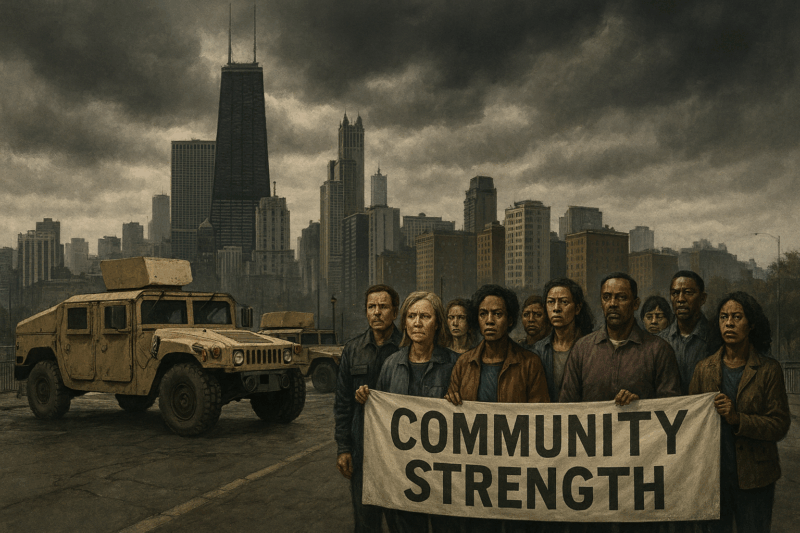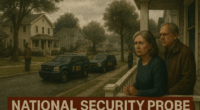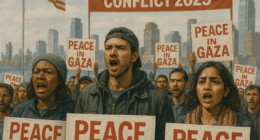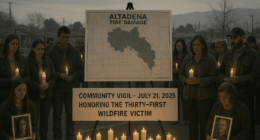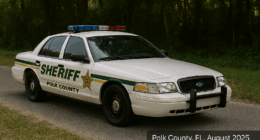A City Braces for Federal Intervention
On a tense August morning in 2025, Chicago’s bustling streets carry an undercurrent of unease. President Donald Trump’s announcement that Chicago is next for a federal crackdown, following his controversial National Guard deployment in Washington, D.C., has left residents and leaders on edge. His claim that the city is a “mess” under “incompetent” leadership clashes with data showing declining crime rates, igniting fears of overreach and strained community trust. For Chicagoans, this feels like a storm looming over a city already navigating its challenges with resilience.
The Human Toll: Communities Caught in the Crosshairs
The prospect of National Guard troops patrolling Chicago’s neighborhoods stirs deep concern among residents, from South Side families to downtown workers. Mayor Brandon Johnson warned that such a move could “inflame tensions” between communities and law enforcement, eroding trust built through years of reform. For individuals like local business owners or parents, the fear is palpable: a federal presence could disrupt daily life, escalate encounters, and undermine local efforts to foster safety. Governor JB Pritzker’s sharp rebuke, calling Trump’s plan an “authoritarian overreach,” resonates with those who see their city’s progress at risk.
Facts and Figures: Chicago’s Crime Trends Defy Rhetoric
Despite Trump’s portrayal, Chicago’s crime statistics tell a different story. According to Mayor Johnson’s office, homicides dropped 30% and shootings fell nearly 40% in the past year, with robberies down 35%. These figures align with preliminary Chicago Police Department data, showing a sustained decline in violent crime in 2025. Trump’s plan follows his D.C. deployment of 1,900 National Guard troops, where 630 arrests were made and 86 illegal guns seized, though D.C.’s violent crime had already dropped 26% in 2025 compared to 2024. Legal experts note that, unlike D.C., Chicago’s status as part of Illinois limits Trump’s authority, requiring gubernatorial approval he’s unlikely to receive.
Broader Context: A Pattern of Federal Overreach?
Trump’s focus on Democratic-led cities like Chicago, Los Angeles, and New York raises questions about political motives. Critics, including civil rights leaders, argue that targeting cities with Black mayors, like Chicago’s Brandon Johnson, plays into “racially divisive politics.” This echoes his 2020 deployment of troops to suppress protests, a move that sparked legal challenges. The broader context mirrors historical tensions over federal versus local control, akin to debates over civil rights or urban policy. Chicago’s progress in reducing crime through community-based strategies contrasts with Trump’s narrative, suggesting a disconnect that could fuel further division.
Legal and Social Implications
This subsection could explore the Posse Comitatus Act, which limits federal troops in law enforcement, and the community distrust that could arise from militarized policing.
What Lies Ahead: Resilience in the Face of Uncertainty
Chicago’s leaders are defiant, with Pritzker asserting Trump “has no legal ability” to deploy troops without state consent. Mayor Johnson emphasizes local solutions, like community policing, to maintain progress. Globally, cities facing similar top-down interventions show that trust-building and data-driven strategies often yield better outcomes than militarized responses. Chicago’s residents, known for their grit, are preparing to advocate for their city’s autonomy and safety.
Conclusion: Chicago Stands Strong Amid National Guard Threat
As Chicago faces the specter of a National Guard deployment, its people remain steadfast. The city’s strides in reducing crime reflect a community determined to shape its own future, not one dictated by federal overreach. This moment calls for unity and vigilance, as Chicagoans hold fast to their resilience and hope.

